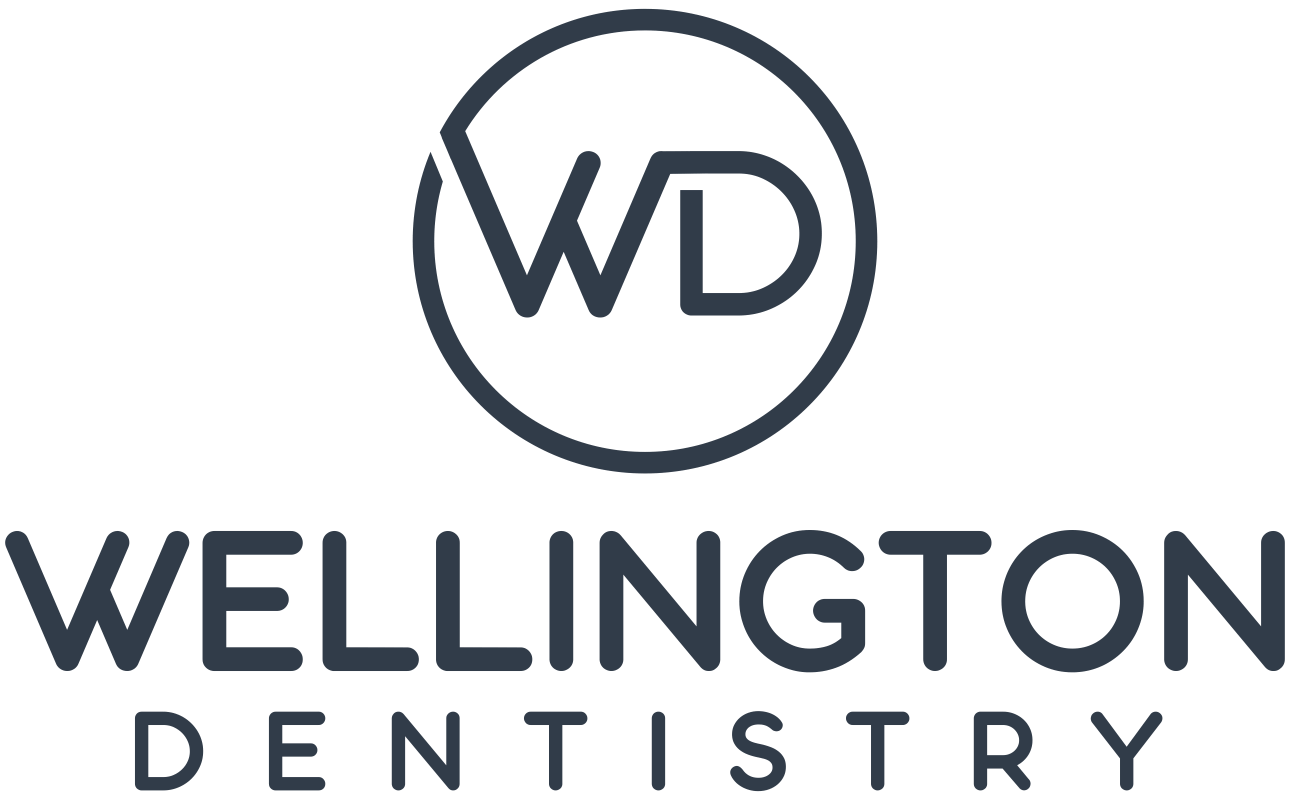Oral diseases are extremely common, affecting almost 3.5 billion people globally. Few illnesses are more widespread.
Oral diseases can be a massive burden, with some lasting a lifetime. In some cases, these illnesses cause not only pain, discomfort, and disfigurement but also death.
The good news is that preventing oral illnesses is easy. A simple visit to your local Lexington dentist every six months can help resolve or ward off just about any oral disease you can think of.
The surest way to get the most out of your dental visit is to ask a string of relevant questions regarding your dental health. Here are five surefire questions guaranteed to keep your oral health at peak levels.
1) How’s My Overall Dental Health?
Your dentist’s top responsibility is to help you keep your teeth and gums healthy. That’s why a top dentist will usually take the time to explain any severe dental issues you may have as accurately as possible. But you should also be interested in learning about any less urgent issues in your mouth.
Ask your dentist to provide you with a summary of your overall oral health, including the seemingly little things. This information can help you manage your daily dental care better.
Among the things you should be interested in knowing are whether you’re brushing and flossing correctly or not. How do your gums look? Are there specific areas the dentist wants you to keep a close eye on, such as the potential for cavities or weak teeth?
Questions about your overall health help you walk out of the office with clear knowledge of the current state of your dental health. You get to know what areas to focus on before your next dental appointment.
2) What Does The Pain In My Teeth Mean?
Tooth-related pain is one of the top reasons people visit a dentist. If you’re affected by the issue, then it’s important to find out from your dentist what may be causing it.
Your oral pain and discomfort may be the result of a variety of factors. It could be that you have a cracked or broken tooth or that you have a cavity. Sometimes, the problem is something entirely different.
Your dentist can quickly detect the problem by examining your teeth. Bi-annual x-rays are especially effective in revealing any issues in your teeth that could trigger pain and discomfort. That said, it helps for you to point out to your dentist where exactly you feel the pain as it may not always be apparent from an x-ray or routine dental exam.
By providing as much information as you can about your pain to your dentist, they can perform an exam and establish the cause. They can then recommend the best solution for it.
3) Should I Use Teeth Whitening Treatments?
61 percent of Americans say they wish they could change something about their teeth, with lack of whiteness at the top of things people across the country don’t like about their teeth. That means teeth whitening has never been more important.
But while the benefits of professional teeth whitening seem irresistible, it’s always wise to talk to your dentist first before you try anything. The unfortunate fact is teeth whitening is not for everyone. Besides, not all teeth whitening products and procedures are necessarily good for you.
When you talk to your dentist, they’ll be able to tell you what teeth whitening treatment you should try. They’ll recommend what products will have the best results for you. If you aren’t a good candidate for teeth whitening, your dentist will let you know.
4) What Procedures Are Best For The Strength Of My Teeth?
It’s not enough that you have white teeth. You want to keep them as strong as possible. Ask your dentist what they recommend to help enhance the strength and resiliency of your bright smile.
Your dentist may let you know of certain fluoride treatments that are not safe and effective for your teeth. Generally, fluoride treatments are ideal for younger children. However, adults can still benefit from these treatments if their teeth are weak and vulnerable to cavities.
Depending on your situation, your dentist may also recommend restorative dentistry. Restorative procedures such as implant crowns, dentures, and implant dentistry are especially popular for helping boost the strength and appearance of teeth based on the extent of dental damage.
5) Should I Notify My Family Doctor Of Anything?
Your mouth serves as the window to your general health. If there are issues in your oral health, there’s a big chance that another part of your body has a problem as well.
Heart disease, diabetes, osteoporosis, and vitamin deficiency are just some of the issues whose symptoms can be spotted in your mouth by your dentist. Pneumonia and rheumatoid arthritis are other health issues linked to poor dental health.
Next time you have an oral exam, ask your dentist whether they see issues that you need to bring to the attention of your general practitioner. This way, you get to address these issues before they escalate.
Ask Your Lexington Dentist The Right Questions To Get Optimal Help
A huge part of a healthy lifestyle is becoming proactive about your oral health. The best place to start when it comes to good dental health is to work closely with your Lexington dentist. Always be ready to ask the right questions so you know what to do to manage your oral health better.
Are you looking for reliable dental services in your area? Get in touch with Dr. Hampton: (859) 277-6149 or Dr. Thurmond: (859) 523-9003 and learn how we can help.


Recent Comments